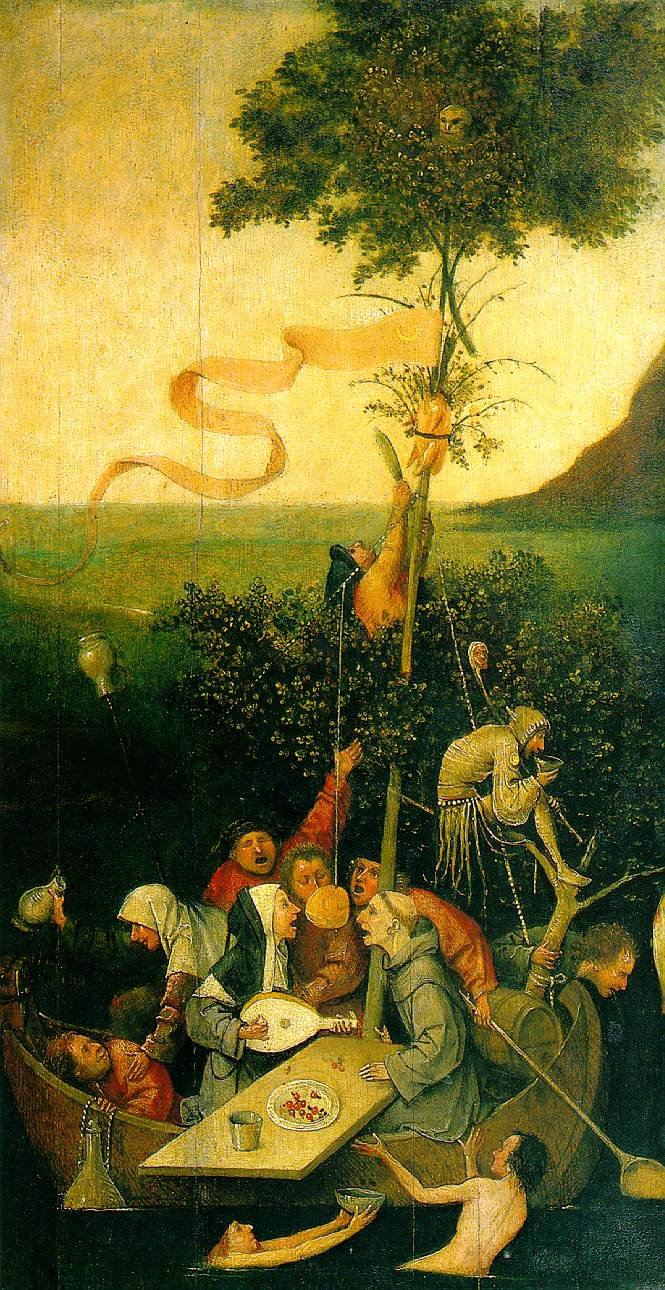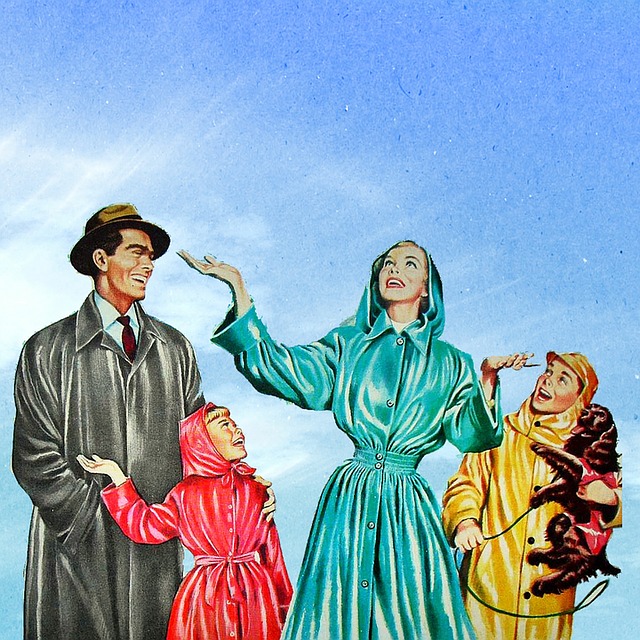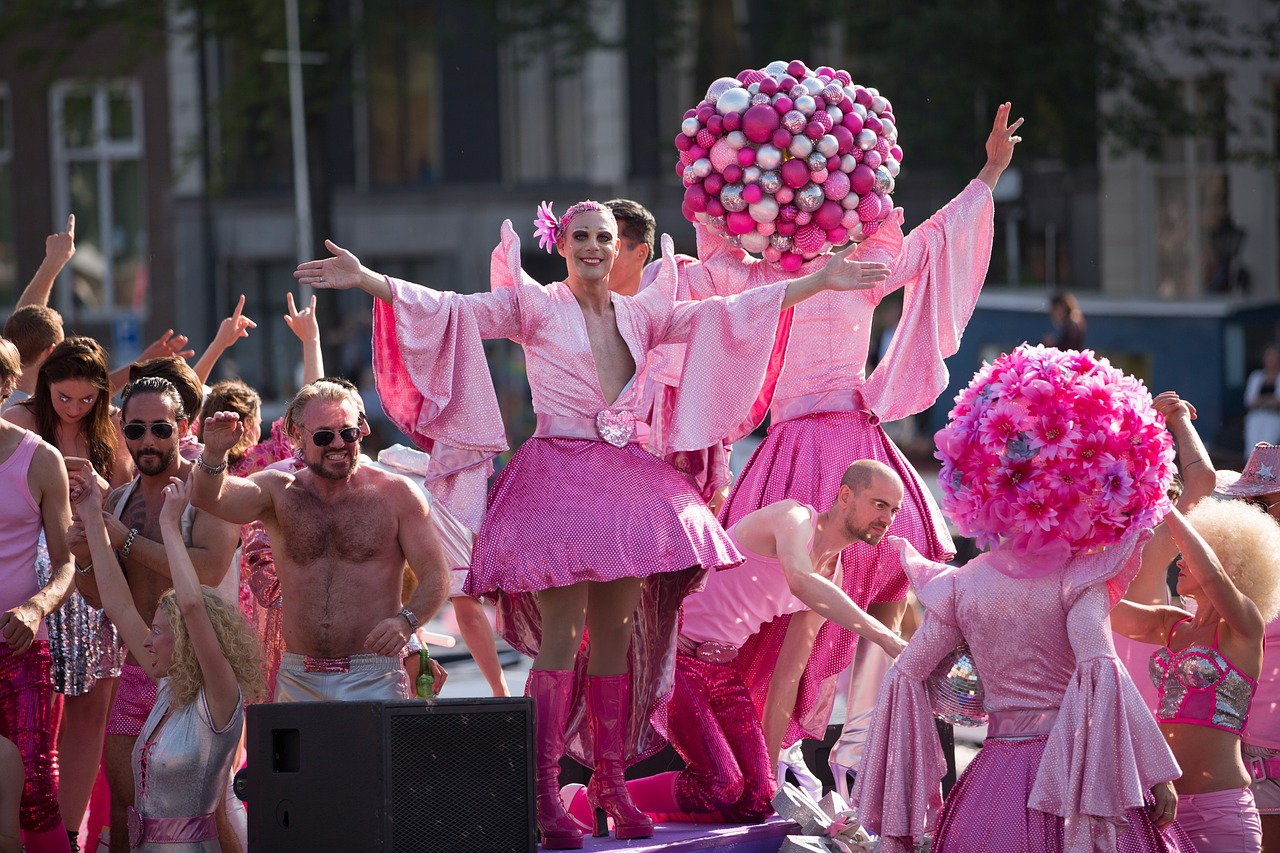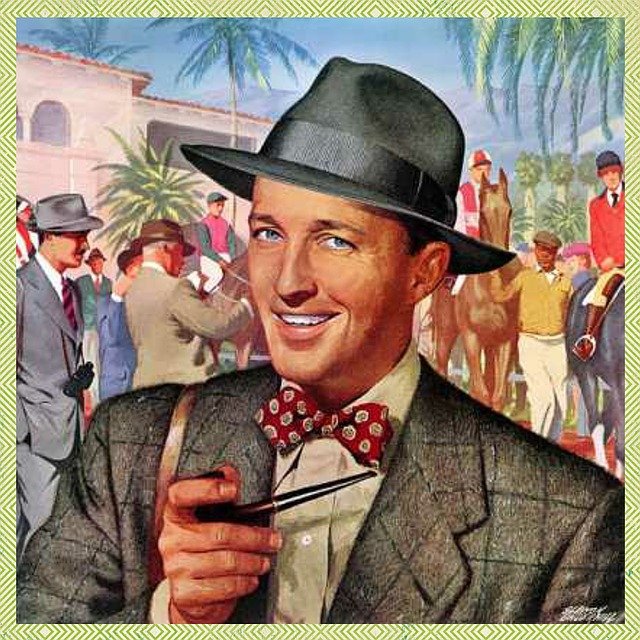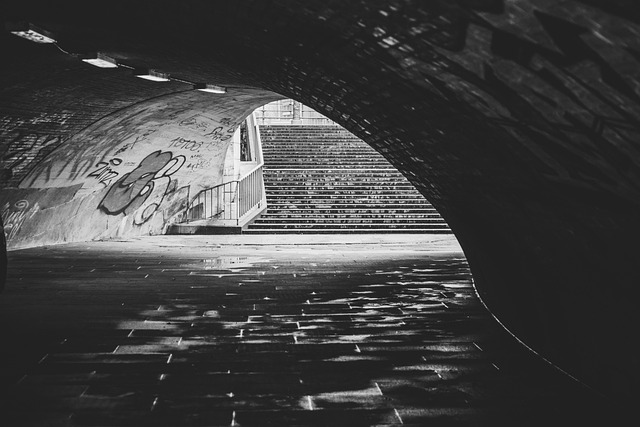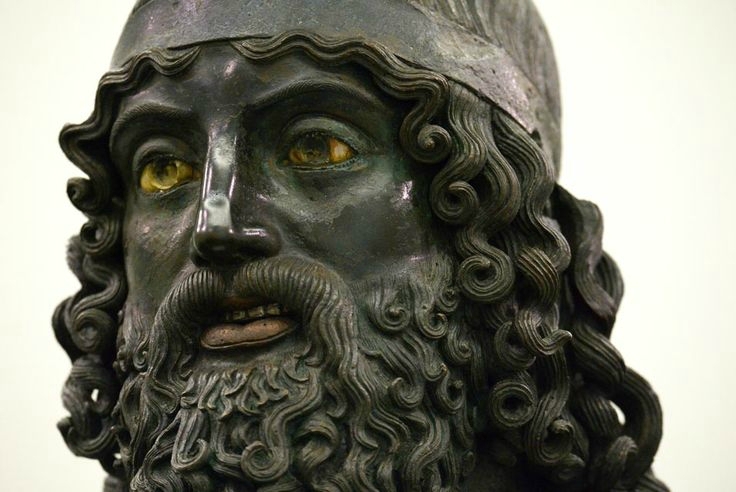
In ancient times meetings, councils and electoral kingdoms were central to the peoples of Northern and Central Europe. Power was not vested in a single despot, but problems were solved and debated in groups. It was common to have a so-called council of elders, where senior citizens shared their experiences. Such councils were also found in the ancient cultures around the Mediterranean.
Sovereign rulers and God-Emperors were something that originated in the Orient, introduced by the Greeks and Romans in late antiquity. The phenomenon was alien to the peoples of northern and central Europe, who were more egalitarian and fraternal among themselves, both in terms of the position of men in relation to each other, but also in how they viewed women and their role.
Scepticism about hierarchies is also a scepticism about false leaders, decadent, all-powerful kings, with no popular power base and little knowledge of the life and living of the common people.
Classical liberalism was critical of autocracy, and it re-introduced parliamentarianism, inspired by the councils of the past. The basic ideas of republic and separation of powers have their roots far back in time, and were revived at the end of the 18th century, in a world where despotism and absolute monarchs were not uncommon.
Classical liberalism was also critical of defunct religion. Decadent clergy, whose position in society rested on long-standing traditions and increasingly rarely on concrete contributions to society. Religious freedom became a watchword, as did the quest for religious and cultural decentralisation. The freedom to choose a religion eventually contributed to polytheism, which is a more natural religion for the peoples of northern and central Europe than the stifling monotheism introduced from the East in the early Middle Ages.
The classical liberals also fought for equality before the law. The view goes back to the free European landowning peasant, and not the serf from the East, whose freedoms and rights were severely restricted. The rule of law contributed to the stability of societies that were otherwise threatened with disintegration by prolonged vendettas and clan wars. Issues were settled in courts, which handed down harsh but fair sentences with the force of law. Equality before the law was not only a classical liberal idea, but constituted a traditionalist foundation that existed long before in our culture.
Some see classical liberalism as a step to the left, in the eternal march to the left that ends with social liberals, social democrats, communists, and finally gender scholars.
We can also see classical liberalism as a step backwards, to older and more traditional values. While its contemporary 18th century, where powdered wigs, autocracy, capriciousness, decadence, superficiality and influences from the East contributed to a degenerated social climate. Perhaps not unlike our own heavily regulated and overtaxed times, where the new upper class and its clients live in a bubble, separated from reality and the hard-working taxpayers. While the rumble has already begun and we sense the darkness, the storm and the heavy hail approaching.

